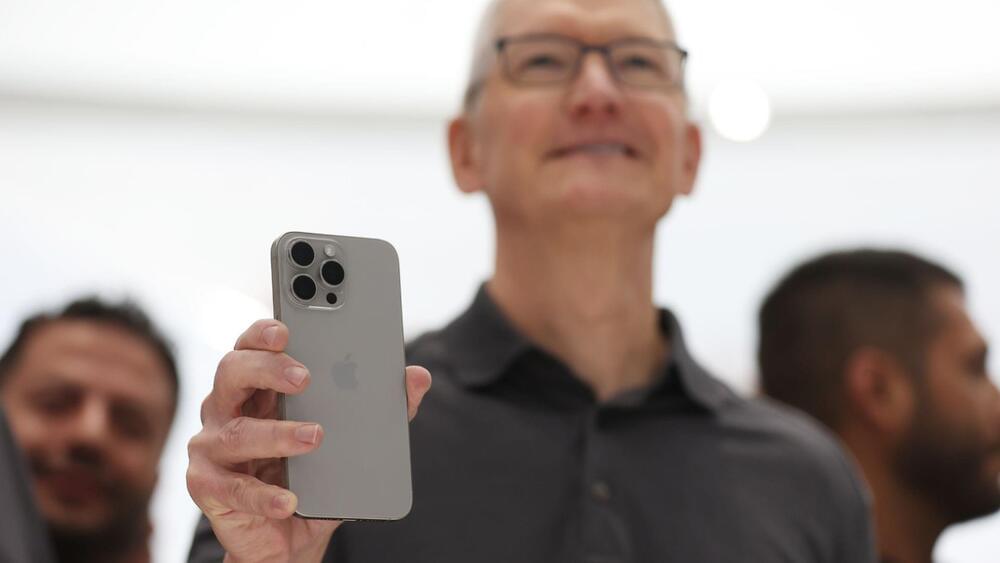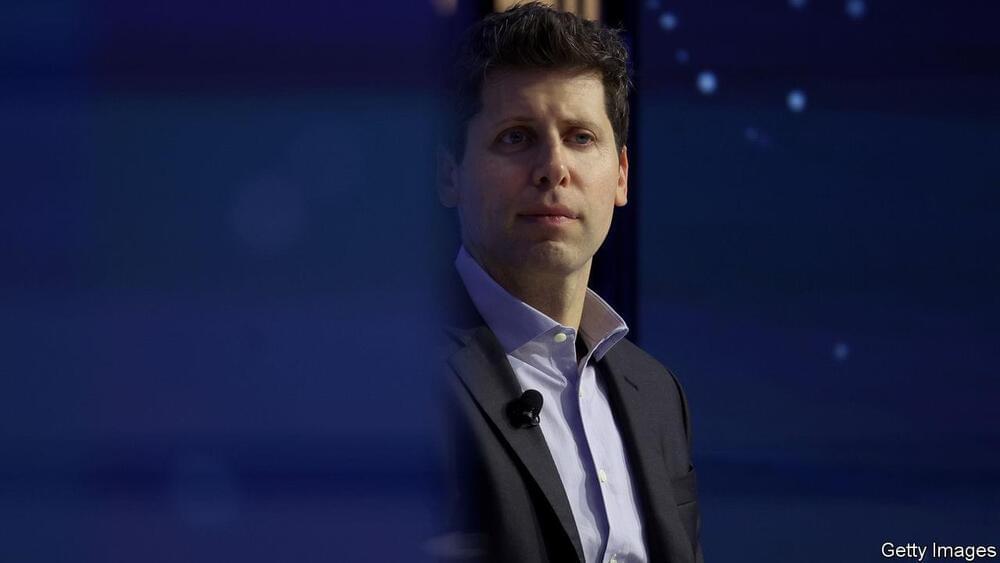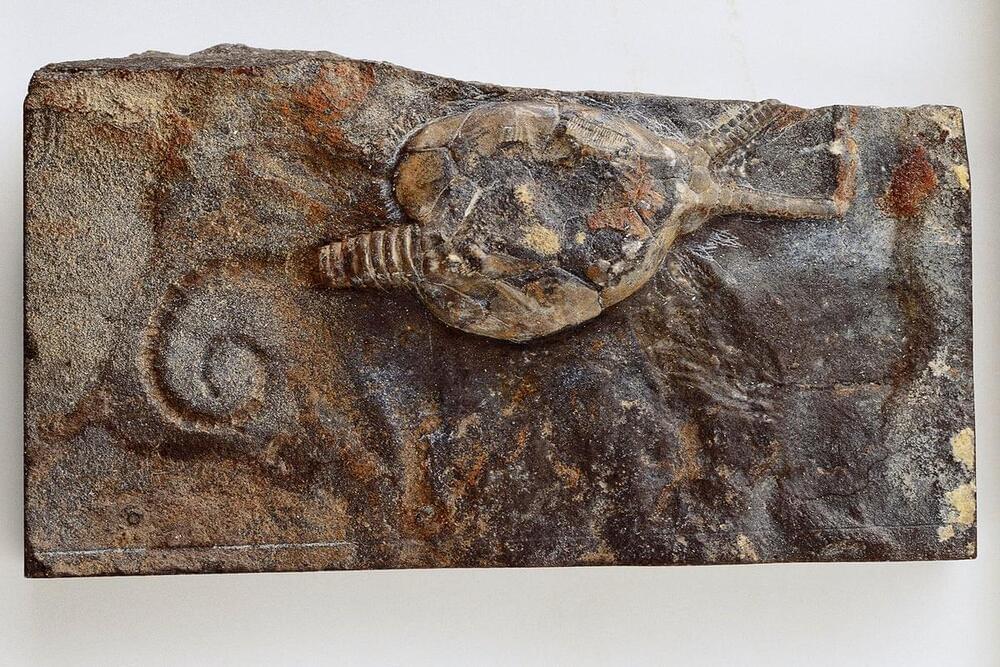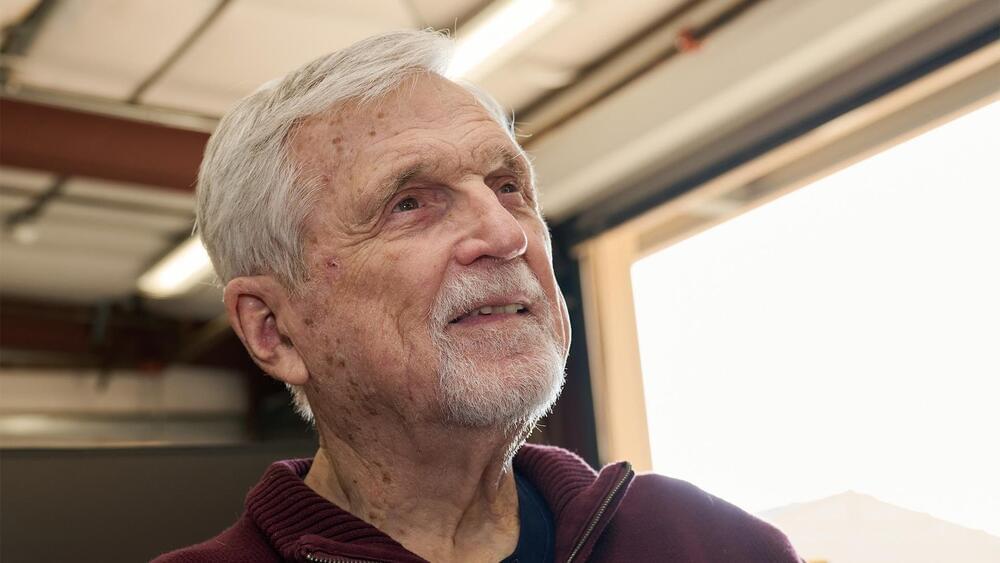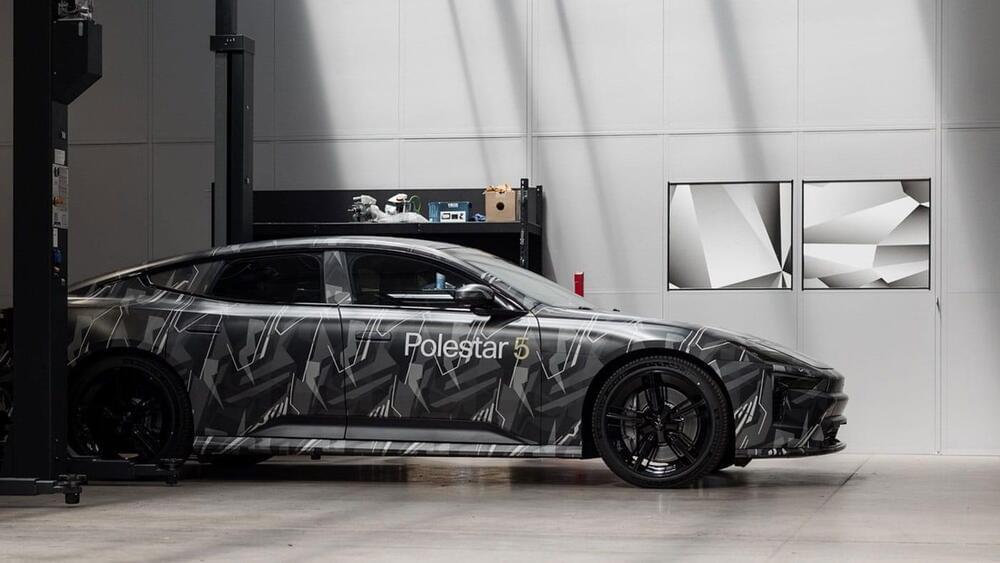The company’s journey to make its modem has been long and frustrating.
Justin Sullivan/Getty Images.
As per a Bloomberg report, the iPhone maker, which had planned to launch its chip by next year, will likely miss its target of shipping the component by the spring of 2025, people familiar with the matter said. The chip may debut at the end of 2025 or early 2026, the last year of Apple’s extended contract with Qualcomm.
